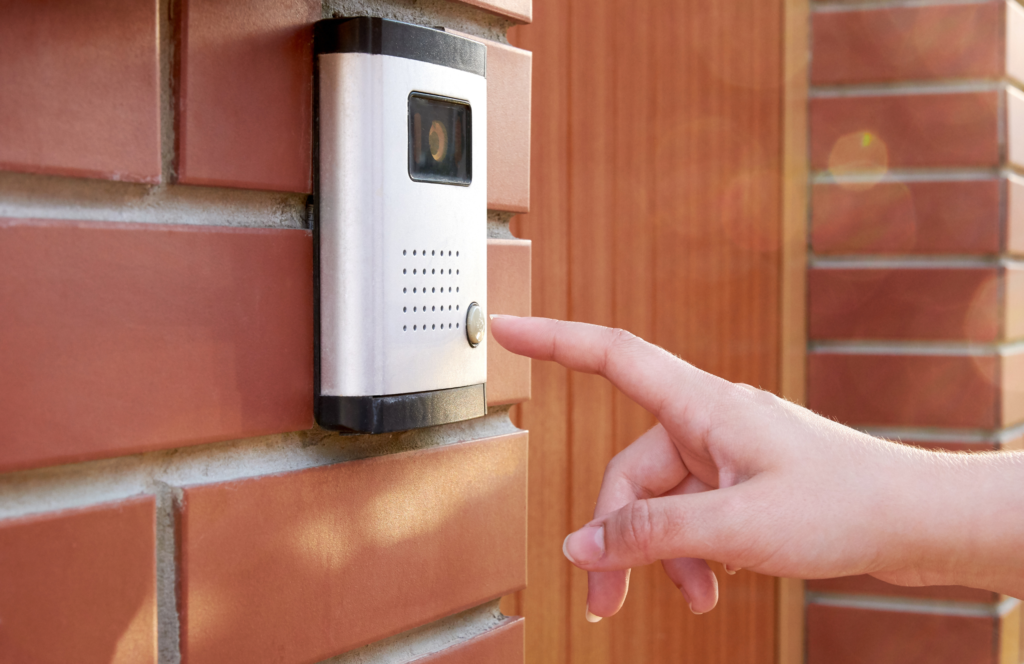I know you’ve heard that it’s a tough competitive market. We’ve all heard the horror stories of people that have made offers on dozens of home yet still haven’t been able to lock down “the one”. This doesn’t have to be your story!
There are ways to navigate this challenging terrain and avoid getting caught up in those dreaded bidding wars. In this blog post, we’ll explore three friendly strategies that can give you an edge when buying a home in a competitive sellers market. Let’s jump right in!
Find the Hidden Gems: Target Homes on the Market for 7 Days or Longer
While it may seem counterintuitive, targeting homes that have been on the market for 7 days or longer can be a winning strategy. These homes might have slipped under the radar of other eager buyers, offering you a better chance to negotiate a fair price without having to fend off multiple offers. By keeping a keen eye on these hidden gems, you might just discover a diamond in the rough that others have overlooked.
Explore New Horizons: Consider Building a New Home or a New Construction Spec Home
When the existing housing market is highly competitive, sometimes the best strategy is to think outside the box and consider building a new home or exploring new construction spec homes. This allows you to avoid bidding wars altogether, as you can work directly with builders or developers to secure a brand-new property that meets your specific needs. Plus, you’ll have the added benefit of choosing finishes and customizing your dream home from scratch. It’s like getting a VIP ticket to circumvent the frenzy of the resale market!
Partner with a Pro: Leverage the Expertise of a Realtor
In a competitive sellers market, having an experienced realtor by your side can make all the difference. They know the ins and outs of the market, have access to exclusive listings, and can help you navigate the complexities of homebuying with ease. A skilled Realtor can guide you through the process, assist in finding off-market listings, and negotiate on your behalf to avoid bidding wars or secure the best deal possible. So, don’t hesitate to tap into their expertise and let them be your trusted ally in the journey to finding your dream home.
I’d love to help you in your home buying journey! Reach out here and let’s get started!













